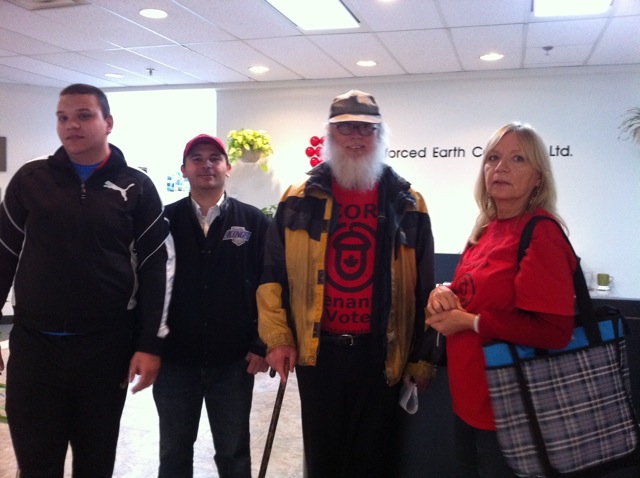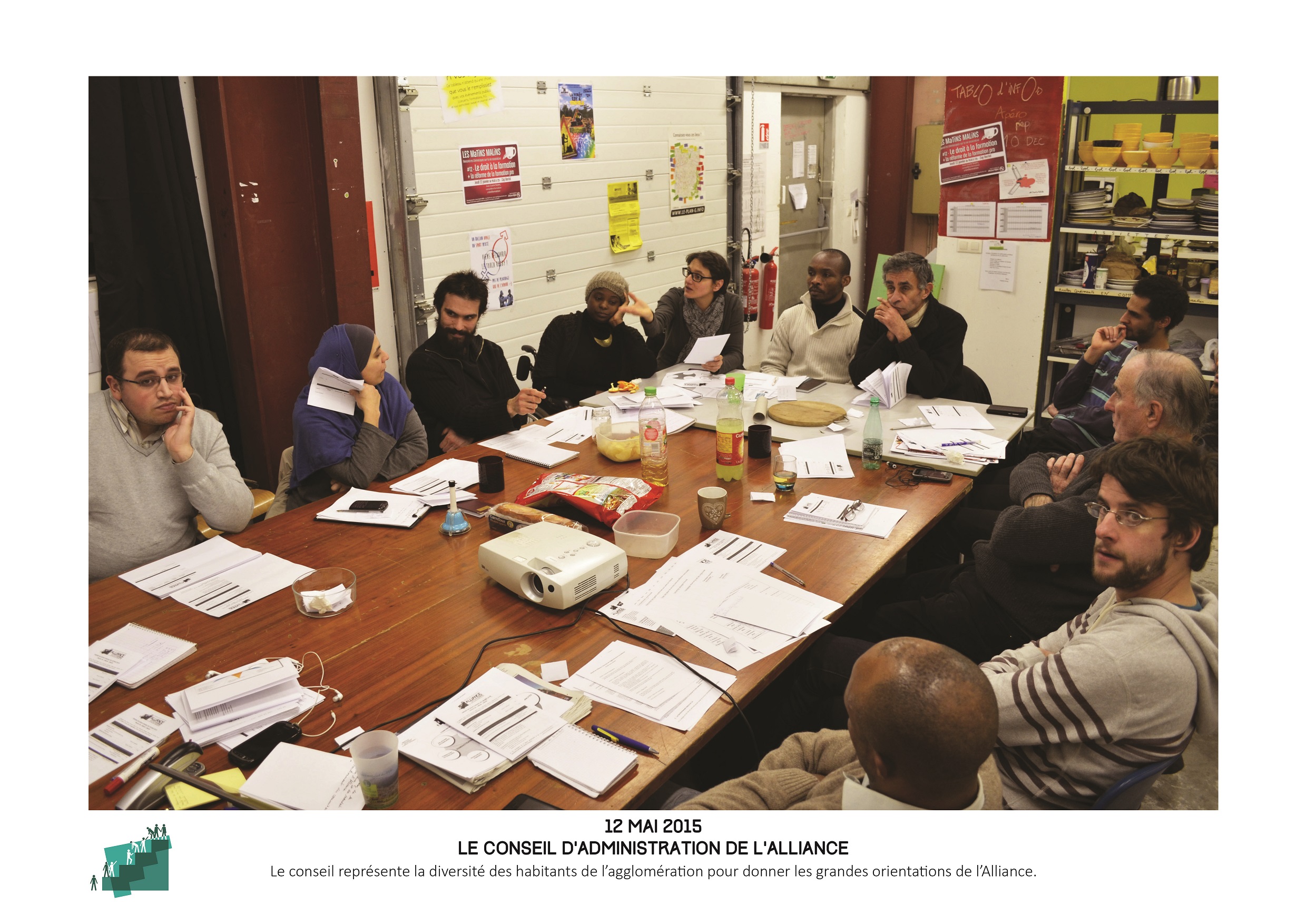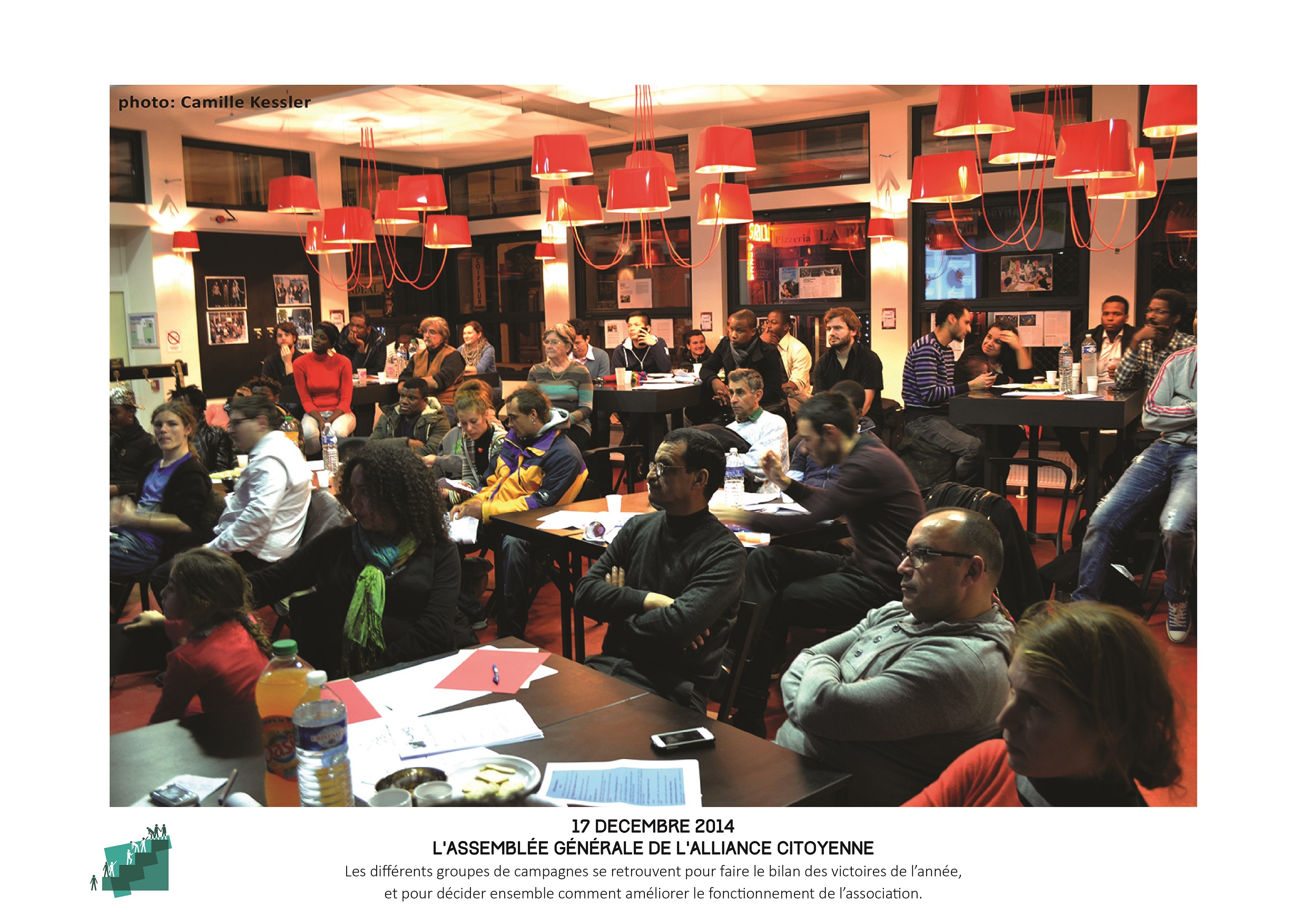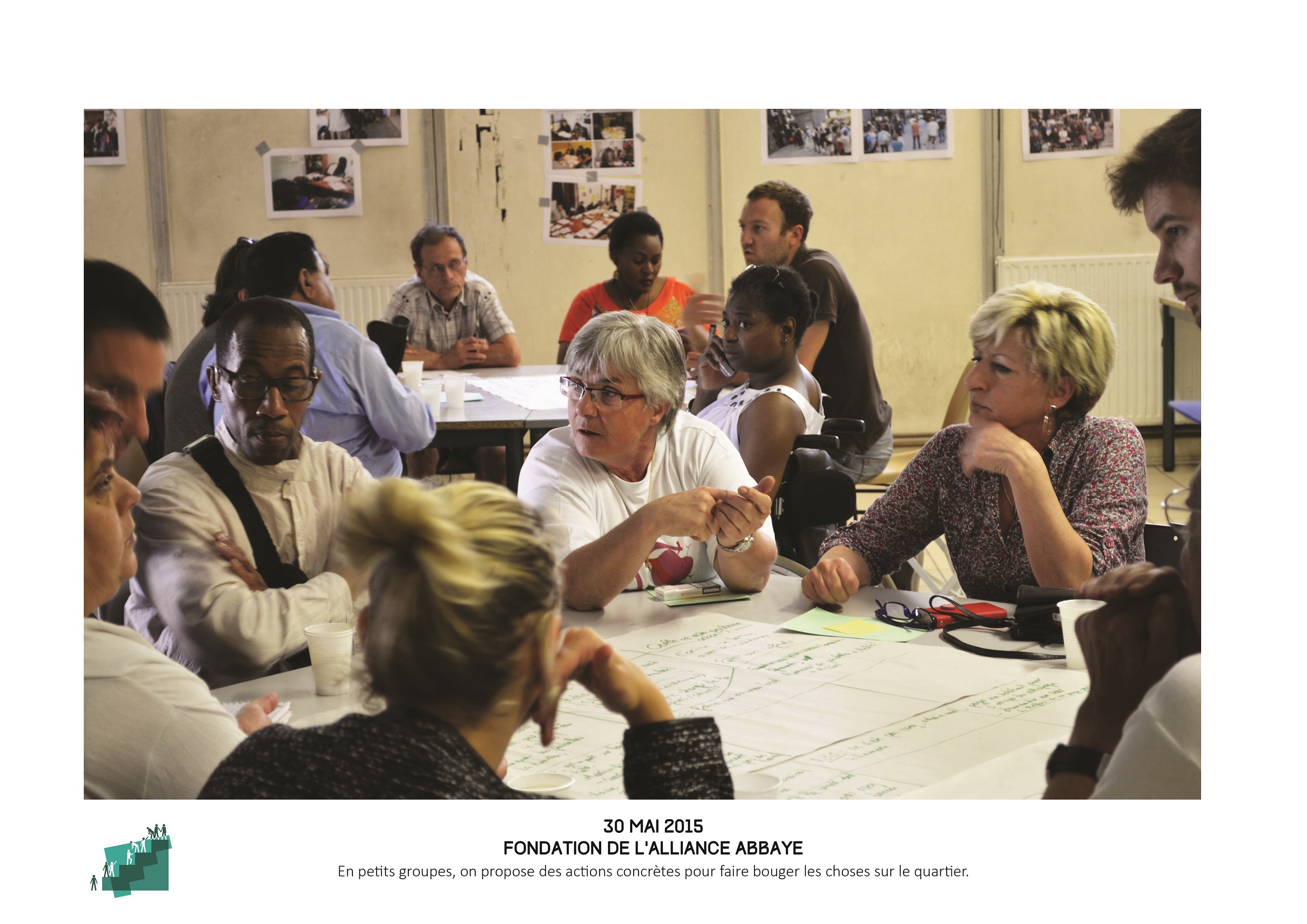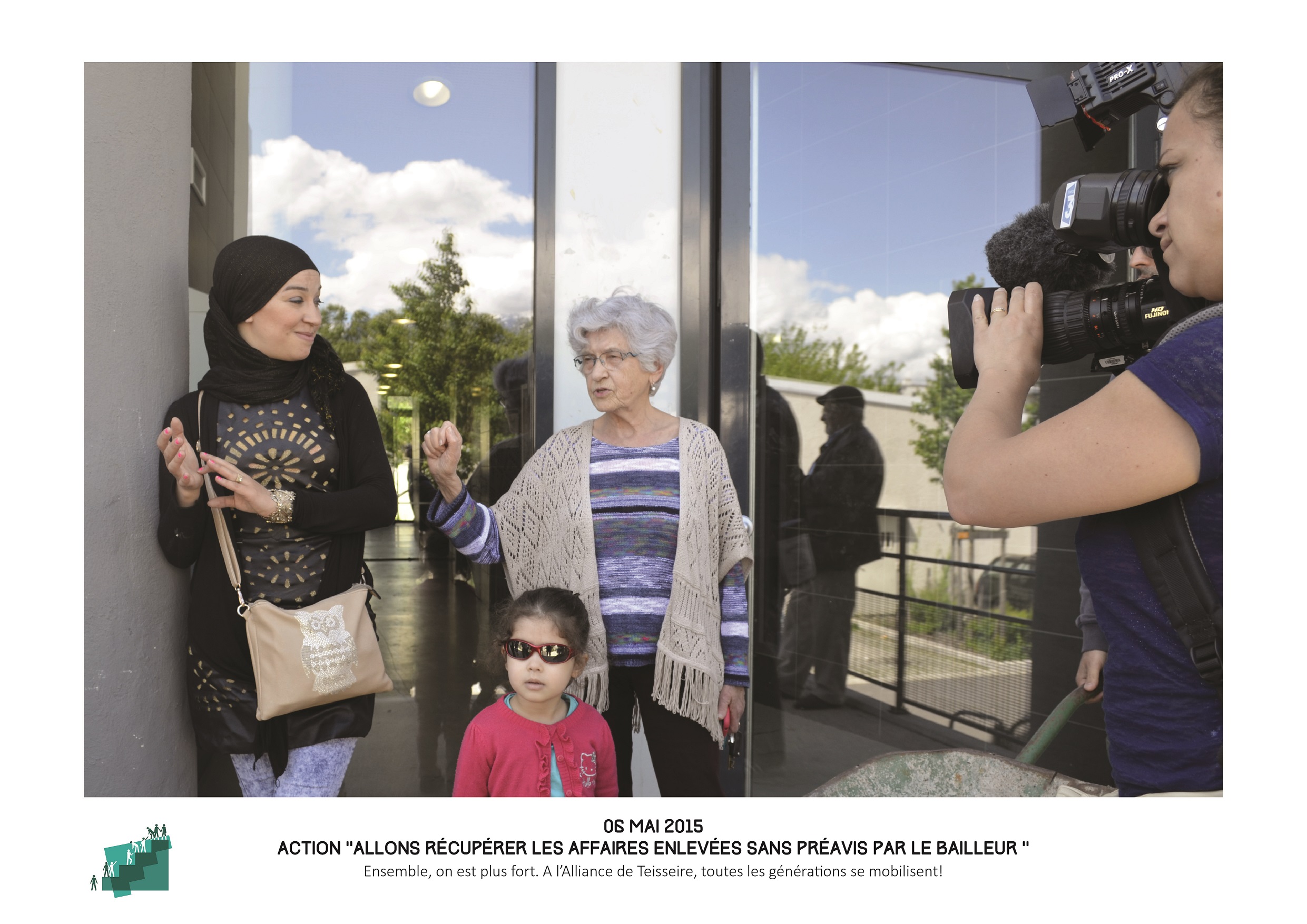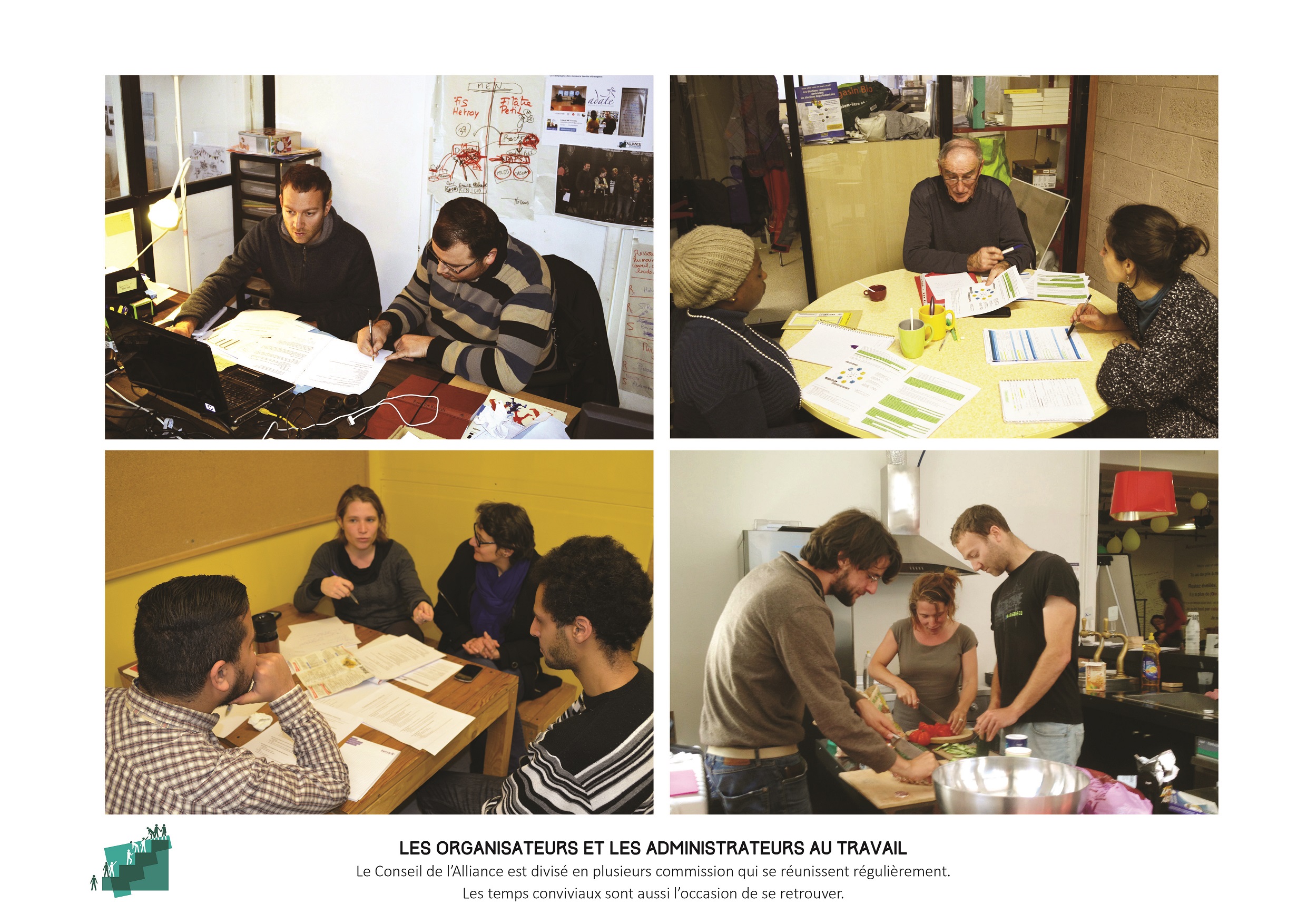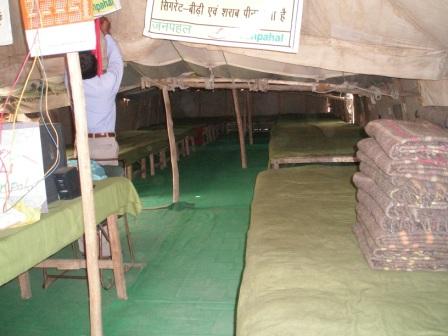Your cart is currently empty!
Category: News Main
-
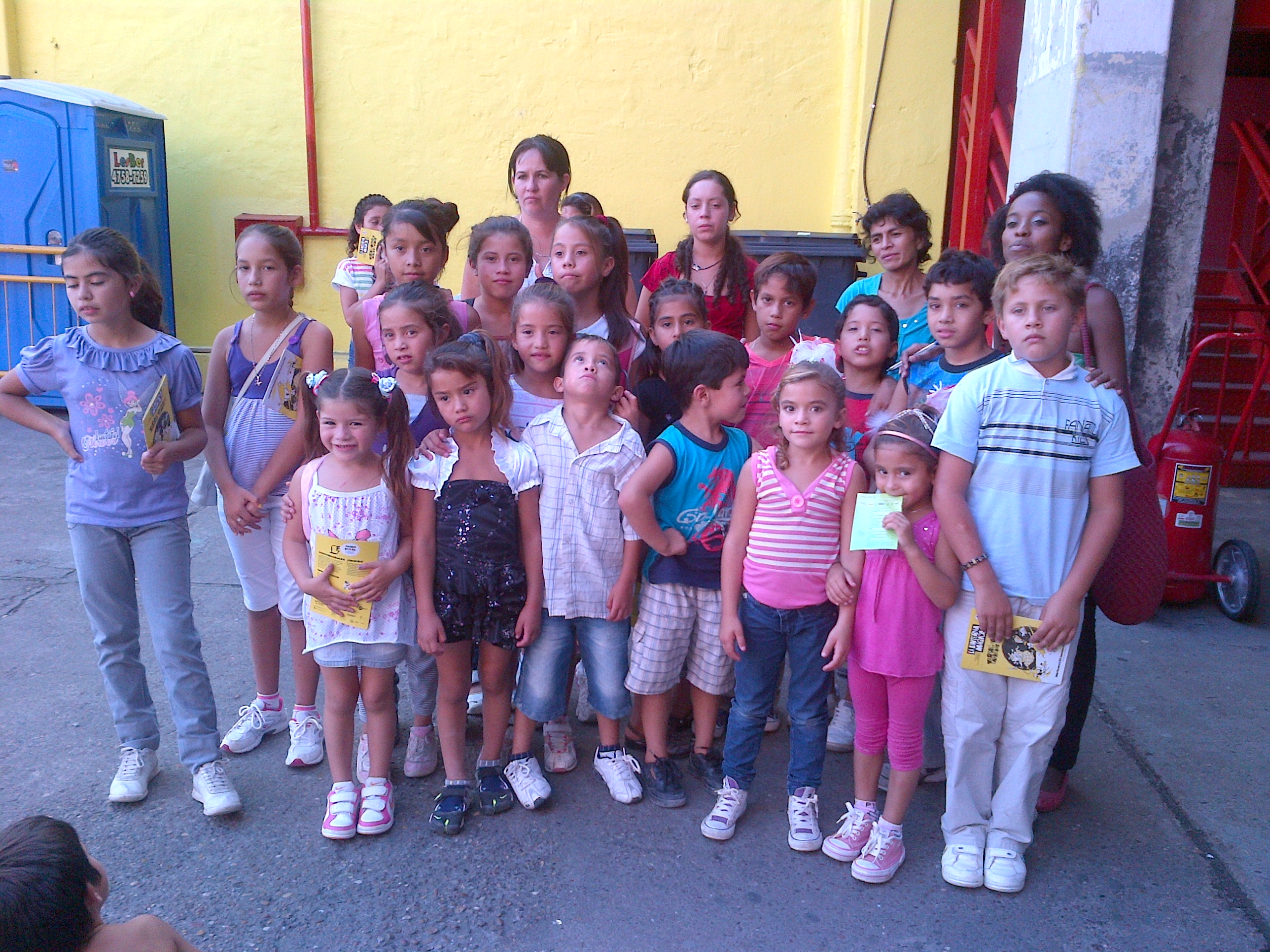
ACORN’s French Affilliate Alliance Citoyenne Votes to go National!
A big congratulations goes out to Alliance Citoyenne from the ACORN Family.
On Saturday April 2nd, ACORN International Affiliate Alliance Citoyenne hosted a big meeting in which almost 200 people came out to talk about all the great work they are doing in their communities. At this meeting, the energized group unanimously voted to go National. This is a big step for Alliance Citoyeene.

-
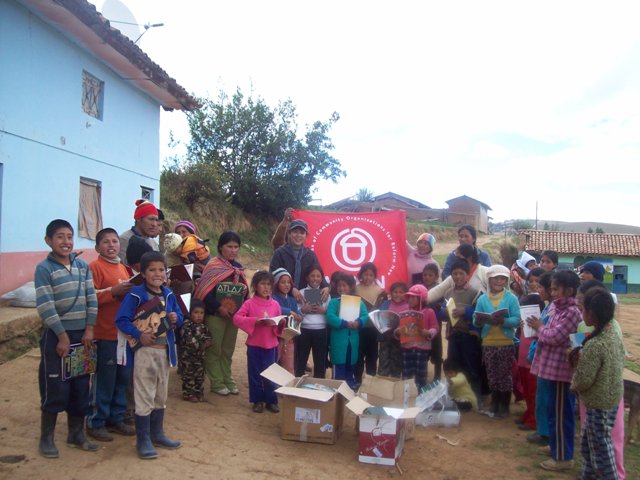
ACORN – A Community Union in Action
Reprint of Article from Bristol 24/7 by Will Simpson

Acorn – remember the word. The chances are you’re going to hear it a lot in the future. In less than two years Bristol-based community group, Acorn, have not only helped gain a better deal for the city’s private tenants, but also shown how community politics in the UK might be conducted in the future.
The idea is simple. Acorn is a community version of a trade union. It began in Bristol when co-organiser Nick Ballard and a colleague worked on Locality, a government-backed community-organisers programme. Any funding the pair raised to start a community organisation, would be match-funded by the government. When they secured the cash in 2013 the Bristol Acorn was planted. “We thought we would do something to tackle economic issues rather than relatively more superficial things,” Ballard explains
Campaigns covered by Acorn are ultimately up to its members, but it quickly became clear their primary focus is securing a better deal for private tenants. “When we initially talked to people other things were mentioned as being important issues. The cost of living, the high prices of utilities, access to services, but housing is the dominant thing.”
Acorn is not a new idea. A US version has existed since the early 70s. There are also groups in Canada, Peru and the Dominican Republic. Since the Bristol group began in 2013 other UK versions have emerged in London, Newcastle, Birmingham and Reading.
“I have to admit I didn’t know much about the US organisation,” says Ballard. “But when we spoke to their founder it sounded like their model worked and that it would beneficial to operate under that name.”
The Bristol version is set up like a trade union – with neighbourhood rather than workplace branches. Each branch is free to launch its own hyper-local campaign yet if it has city-wide relevance they can co-ordinate with the other groups.
Eventually, as with other unions, Acorn’s funding will come entirely through membership. “We still have a bit of money from that original grant,” explains Ballard. “But our goal is to be 100% self-sufficient through membership fees, which are around £4 to £5 per month. “It keeps us independent and it doesn’t limit the activities we can do or the campaigns that we run.’ At present Bristol Acorn has around 300 members although they estimate up to 8000 have supported the various campaigns and the demonstrations they’ve organised.
And those campaigns have produced speedy results. This spring Bristol City Council adopted Acorn’s Ethical Lettings Charter, committing landlords to certain minimum standards – three of the city’s letting agencies have already signed up. Acorn have also won back deposits for members, and forced landlords to make long overdue repairs and install new appliances. “Just last weekend we demonstrated on behalf of three members in dispute with Liv N Let and as a result, for one of those, the overdue repairs have already started.”
The question is whether Acorn can transform not only individual lives but grass roots politics in the UK. Nick believes the idea has huge potential. “Well, the idea is eventually to be build a national organisation. In the States Acorn started from nothing and grew to half a million members. That’s our long term goal. And the more we grow, the greater the ambition, the better campaigns we can run and the bigger political impact we can have.”
“For the moment though it’s been great to see that mobilising people and taking direct action can improve a lot of local people’s lives. It really shows that if we unite and stand up for each other we can change things.”
For more information about Acorn and their latest campaigns go to: acorncommunities.org.uk
Photographs by Julian Welsh
-
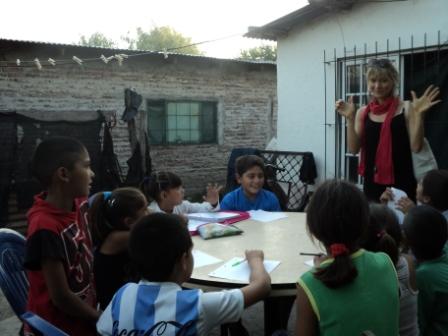
Street Vendors meet the Chief Minister of Delhi
30 May, 2015: A delegation of street vendors leaders led by Dharmendra Kumar met Mr. Arvind Kejriwal, the Chief Minister (C.M.) of NCT. of Delhi.
A range of issues were discussed during the meeting. Hon’ble CM was requested to revisit the Street Vendors (protection of Livelihood and Regulation of vending) rules, 2014 to make sure that the Town Vending Committee has representatives of street vendors democratically elected by all existing informal street vendors and not just by the already licensed ones.
The delegation welcomed the Delhi govt. notification issued on 19th Feb 2015 directing authorities not to disturb existing street vendors/hawkers. It was also requested to create framework to allow new vendors.
The delegation thanked Mr. Kejriwal for his govt. stand to not allow foreign direct investment (FDI) in multibrand retail under territorial jurisdiction of Delhi. Last but not the least, the delegation presented a report to the Hon’ble CM based on a survey conducted among street vendors from across Delhi. The study finds that street vendors continue to be harassed by various authorities especially the municipality and police. According to the findings of the study, street vendors of Delhi are annually paying around Indian National Rupees (INR) 844 crores (almost 140 million US$) to personnel of municipality and police.
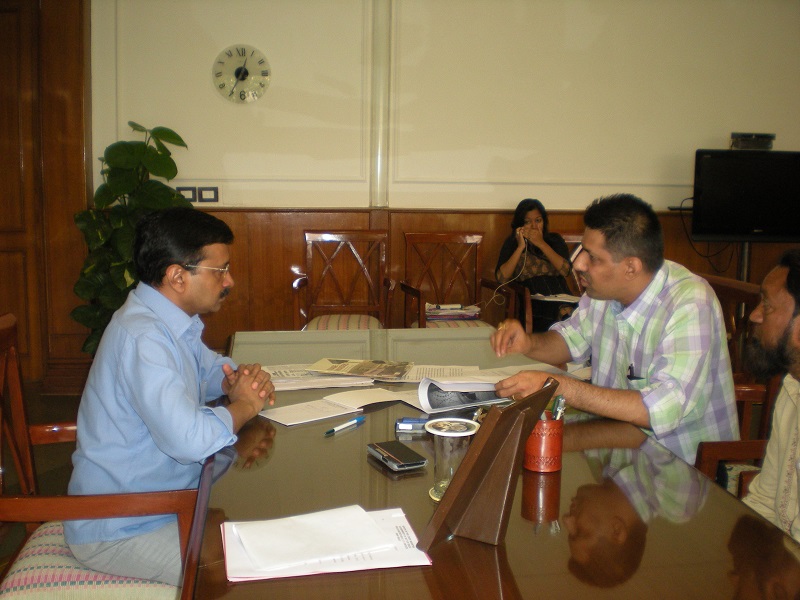
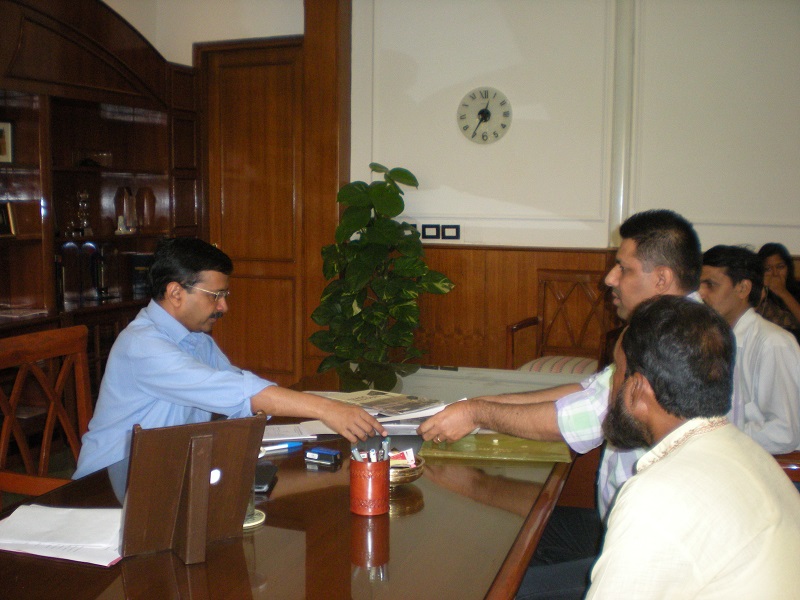
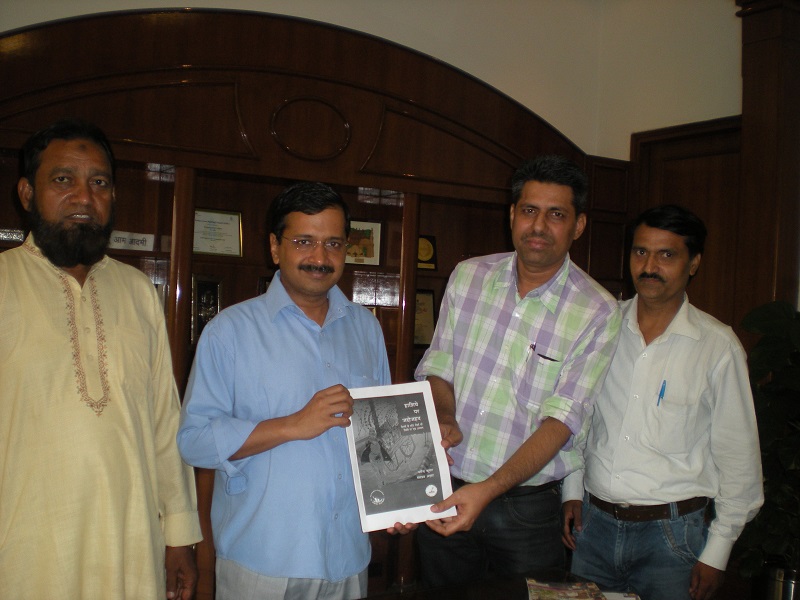
-
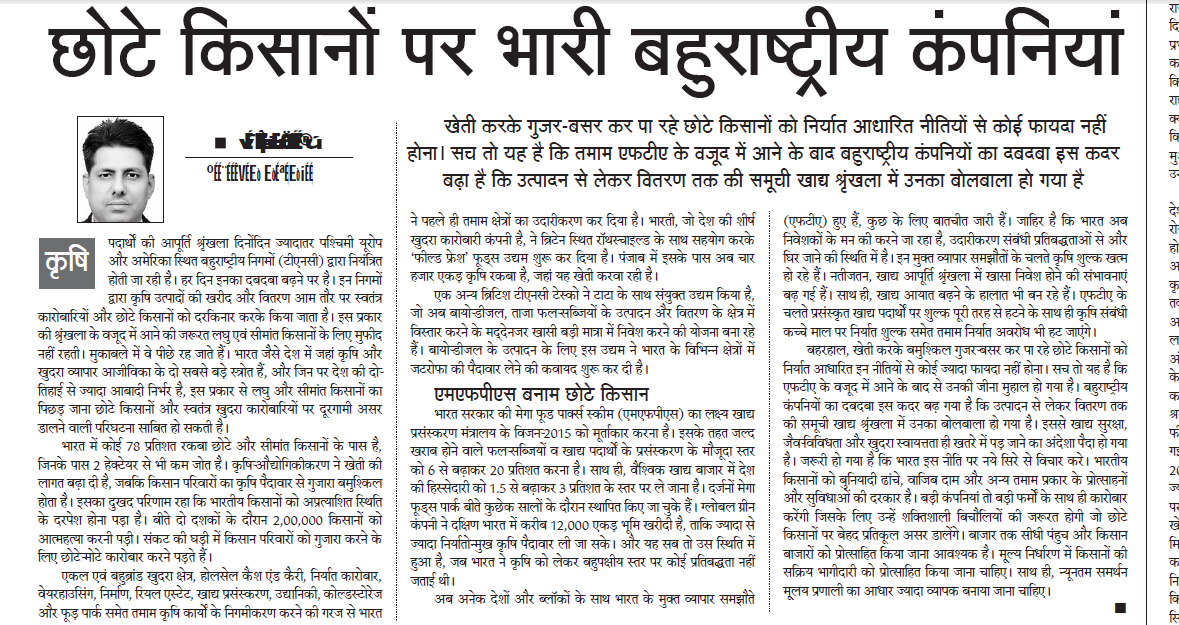
Article on Farmers’ Issues in Hindi Daily
ACORN India article about farmers’ issues is featured in the Hindi Daily.

-

Progress on the ACORN Memorial Orchard
The ACORN Memorial Orchard is going strong at the ACORN Farm in the Lower 9th Ward, New Orleans.
Pecans starting to bud, citrus already blooming with more holes dug for more citrus, and fig tree budding.
-
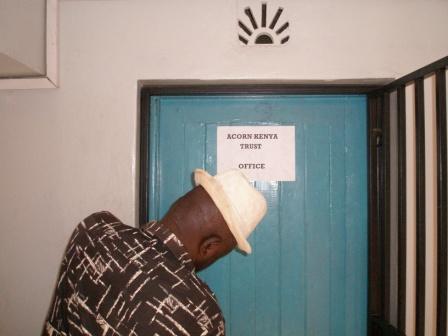
Report from ACORN Honduras
Quito, diciembre 01 del 2014
Hola Marcos
C.C. Wade Rathke
Muy apreciados señores:
Un saludo fraterno como siempre augurando toda clase de éxitos en sus trabajos y en todo lo que desempeñan.
En cuanto a las actividades que hemos tenido acá en el barrio Pinar Bajo de Toctiuco entre otras cosas realizadas puedo informarles lo siguiente:
Después de una larga concientización a los moradores del barrio, el día domingo 23 de noviembre, pudimos realizar una minga para tratar de arreglar el empedrado de la calle principal, ya que hace muchos meses no se le daba mantenimiento y estaba en condiciones muy desfavorable, empezamos a las 8:30 am y terminamos a las 12pm con un receso a media mañana para tomar un refrigerio. Hubo mucho que hacer y todos terminamos bien cansados (adjunto fotos).
Bueno, yo aproveché este momento que fue como un preámbulo para prepararles y direccionarles a tener una reunión, y es así que todos los asistentes quedamos auto-convocados para una reunión urgente el día sábado 30 de noviembre del presente año a las 4 pm., porque nació una moción entre todos los asistentes de dar una cuota de 7 a 10 dólares para continuar con el trámite de legalización de la nueva directiva. Para que el resto de personas se enteren, quedamos en poner un anuncio en un lugar visible para que sea leído y puedan asistir.
Hasta ahí todo estaba bien, en esa semana continué visitando los hogares para recordarles la reunión e incentivarles a contribuir económicamente para las gestiones que se necesitaban hacer.
Llegó el día de la reunión, al presidente le había ocurrido un imprevisto de ultima hora, estuvimos esperando hasta las 6 pm. hasta cuando llegó el presidente y brevemente con unas 8 personas que habíamos quedado se tuvo una pequeña reunión en donde se expuso el tema en mención (adjunto fotos), pero como habían pocos miembros se decidió tener otra reunión para este próximo domingo 7 de diciembre a las 8 am en la cual se espera tener una mejor asistencia y poder tomar las decisiones que sean necesarias con el apoyo de la mayoría.
Esto es brevemente un resumen de lo más importante de las actividades que hemos tenido en este mes.
Un abrazo,
Marlene Castro


-
Report for ACORN Honduras
Report from ACORN Honduras for August 2014.
-
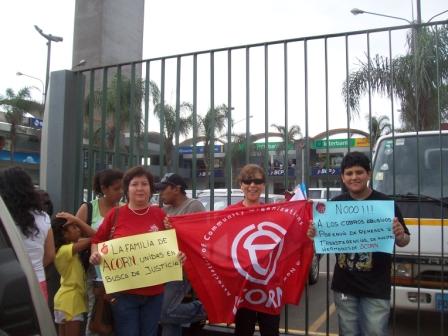
Canada’s Digital Divide Campaign Gains Lots of Press- Way to Go ACORN Canada
Protesters rally for low-income families that fall victim to the ‘digital divide’
Samantha Wright Allen More from Samantha Wright Allen
Published on: August 21, 2014Last Updated: August 21, 2014 10:00 PM EDT
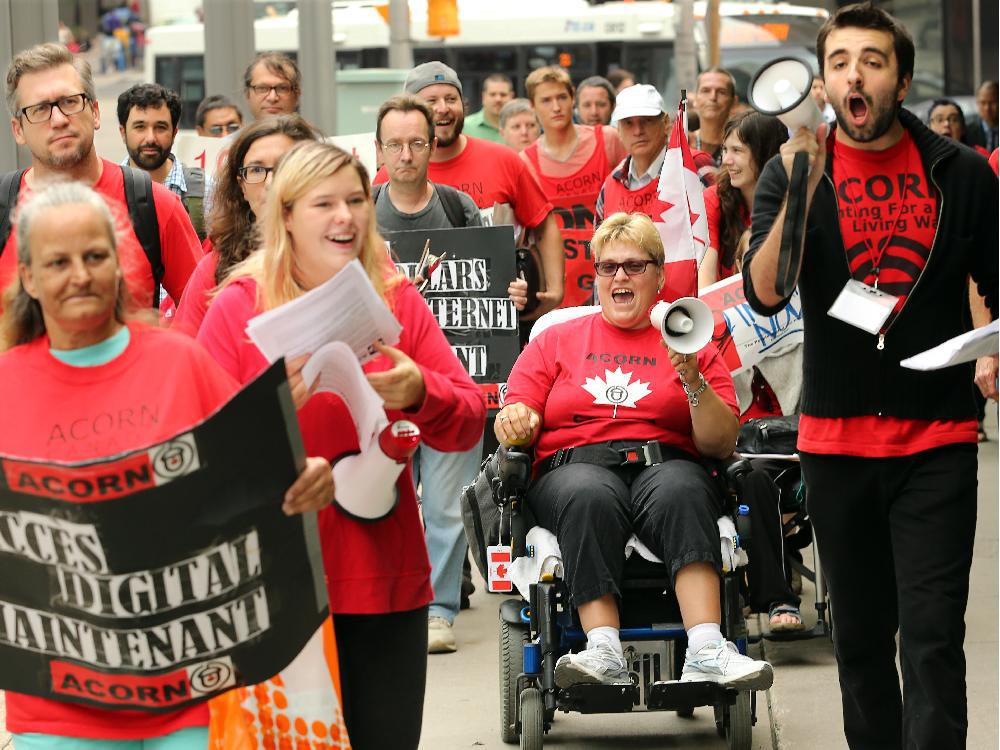
The group wants the federal government and the CRTC to lower broadband prices for low income families so kids can do homework at home.
A national advocacy organization wants the federal government to better regulate broadband to give cheaper access to Internet for low income families.
Leeann Gates — a member of ACORN, the organization that coordinated Thursday afternoon’s rally to close what they say is a “digital divide” in society — says that, for years she went without Internet service, but buckled a few years back so that her daughter, now in Grade 9, could use the web for schoolwork.
But in the summer, they go without service.
“It’s important … A lot of teachers do homework through the Internet,” said Gates at the downtown Ottawa Public Library brand where about 25 protesters formed a mock library lineup, then marched to Parliament Hill.
Gates says her daughter has a learning disability and online resources can help with comprehension.
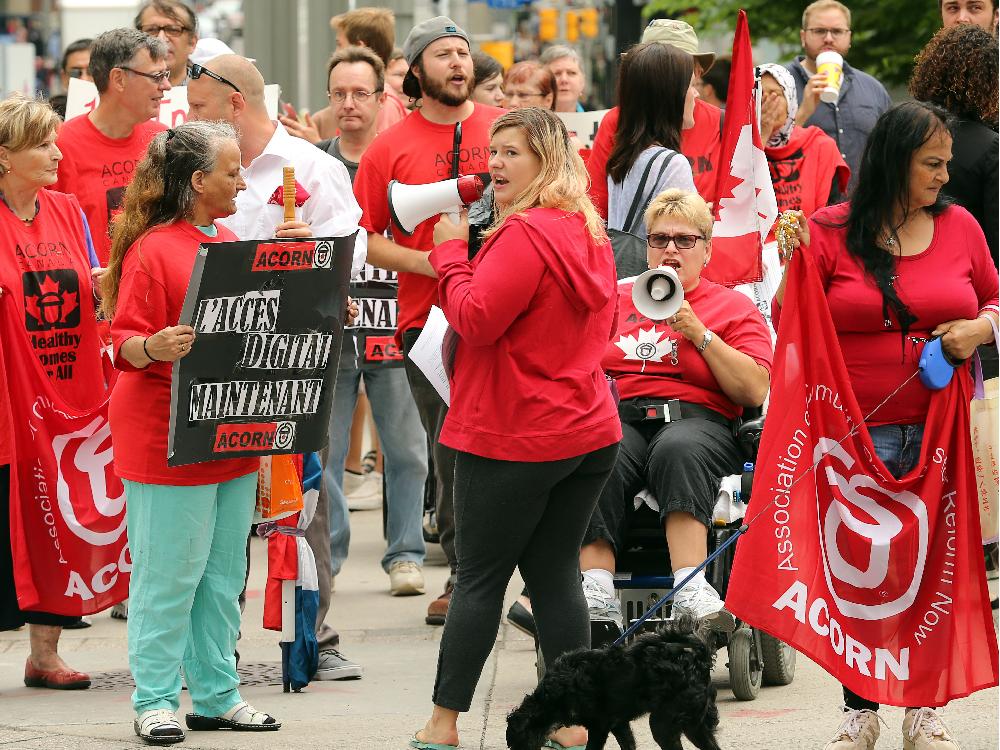
“I’m paying money that I don’t have,” said Gates, who estimates she pays about $50 a month for Internet. Lowering that would leave more for expenses like hydro or basic items for her family. “I could stop saying ‘Hey, don’t eat so much bread or milk this week.’”
The rally was part of a series of Canada-wide “back-to-school actions” by members of ACORN, the Association of Community Organizations for Reform Now. The protests demanded more affordable Internet, arguing their children shouldn’t have rely on libraries to complete homework.
According to the organization about 18 per cent of Canadians don’t have broadband, but that number jumps to nearly half for low income earners.
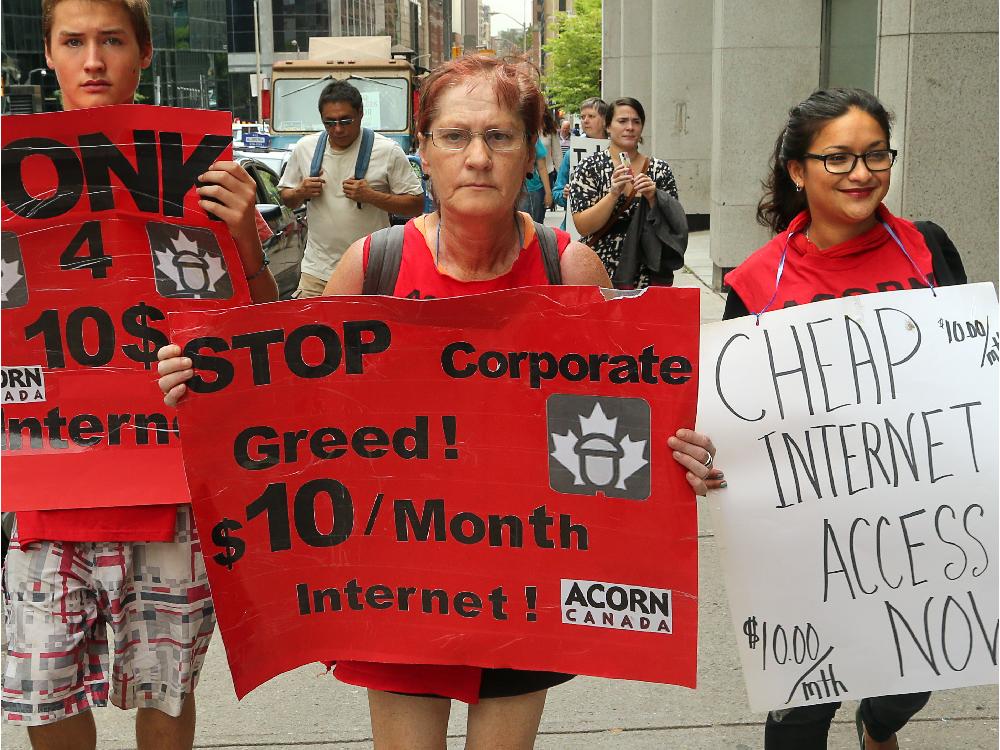
None of the $132 million allocated by the CRTC in 2012 to ensure Canadians connect to a “world-class communications system” specifically helped poor Canadians access home broadband, the organization contents.
Robert Fitzpatrick said Internet access is a necessity.
“As someone who’s on disability for being vision impaired as well as a permanent resident working to become a citizen, I need to stay connected (with immigration websites) so I can keep on top of my paperwork,” said Fitzpatrick, 26, who has been in Canada for just over two years and is 95-per-cent blind.
He pays about $75 a month with a roommate, and says a lower rate would mean “extra food or more clothing.”
Kathleen Fortin, who is in a wheelchair, echoed those sentiments.
The Ottawa resident said that web access is important for communication, health reasons, but also for practical purposes like job applications.
“It becomes a society of have and have-nots.”
Published on Sun Aug 17 2014
A lot of time, study, and money has been spent making sure lower-income kids receive a good education.
But a new barrier threatens to divide the haves from the have-nots at school — and later on in their careers.
It’s a lack of access to home computers and affordable, fast connections to the Internet. In 2012, almost 98 per cent of the top income households were connected to the Internet, compared to only 58 per cent of those earning less than $30,000.
A home computer and Internet connection may sound like a luxury, but study after study shows it’s a necessity to help kids from lower-income families keep up at school.
Pew Research, a leading U.S. think-tank, found that 56 per cent of teachers face a “major challenge” incorporating more digital tools into their teaching, because of low-income kids’ lack of access. And 84 per cent of teachers agree digital technologies are leading to greater disparities between affluent and disadvantaged schools and school districts.
A London School of Economics study found providing home Internet access to low income households closes the gap in use, “potentially reducing disadvantage.” It also found kids who have Internet access at home spend more time online, providing them with “higher levels of online skills and self-efficacy.”
Interestingly, home computers may also keep kids out of trouble. A PCs for People study found kids who can connect to the Internet at home were 6 to 8 per cent more likely to graduate from high school than those who couldn’t. Why? Simply by giving them something constructive to do that engages their interest. It’s a source of entertainment, as well as an educational opportunity.
All of this is why ACORN Canada (the Association of Community Organizations for Reform Now), which represents low- and moderate-income families, is holding back-to-school “actions” across the country this coming week.
Plans include setting up fake Internet cafés outside Bell Canada offices in Toronto and forming a line-up from the Ottawa Public Library to Parliament Hill with three goals in mind. The first is to highlight the problem. The second is to ask the Canadian Radio-television and Telecommunications Commission to invest in breaking down the digital divide for low income kids (as they recently did for rural Canadians). The pressure broadband providers to create $10-a-month Internet connection packages for all low-income families. It’s not a pipedream.
Rogers Communications, to its credit, rolled out a $10 connection program in 2013 for 58,000 low-income families living in Toronto Community Housing.
Educators are stepping in, too. Peel District School Board, for example, partnered with computer companies to provide low-cost tablets and refurbished computers to low-income families and now is reaching out to Internet providers “to level the playing field,” says Carla Pereira, acting manager of communications.
That’s because teachers recognize libraries can’t fill the gap.
Ashley Morris, a single mum of a 7-year-old Owen and 2-year-old Charlotte, proves the point. When Owen has homework to do, she lugs both kids to the library through a “not great neighbourhood” at night. Even then, Owen may have to line up to use the computer and it doesn’t give him time for other creative activities.
Using computers is not just about doing homework, but about “a growing experience with using technology and supporting learning in other ways,” says Heather Mathis, the acting director of Toronto’s branch libraries.
ACORN’s protests should prompt Canada’s major Internet connectors — companies such as Rogers, Bell, Telus, and TekSavvy — to work out programs for low-income families to narrow the digital divide.
It’s not just an investment in young people, but one in Canada’s future economic competitiveness. Let’s get our kids connected. All of them.
Fighting for the right to log on: Halifax protesters want $10 internet for low-income families
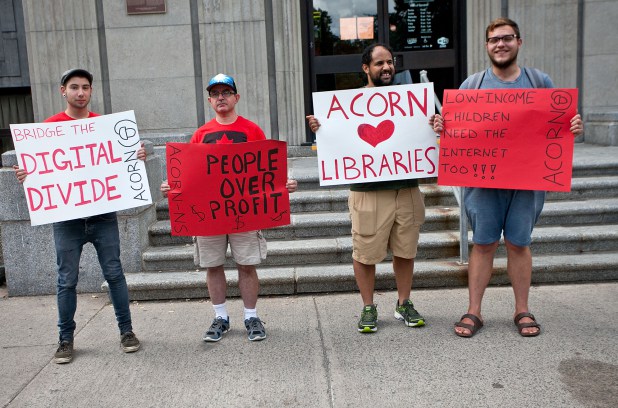
Darryl King is hoping internet companies will help level the playing field for low-income kids trying to get an education in today’s web-centric world.
On Thursday afternoon, King and other members of the local ACORN chapter (Association of Community Organizations for Reform Now) brought signs to the lawn of the Spring Garden Memorial Library in downtown Halifax to call attention to the “digital divide.”
King said families and individuals that fall below $30,000 a year often don’t have enough money to pay for high-speed internet and a computer they can use at home.
Related:
I just called to say, ‘use 10 digits:’ Starting Saturday, it’s 902 for all local calls
Parking ticket? No more pay-by-phone automated system as of July 1, HRM announces
Holy crap, Halifax: The scoop on spring cleanup in our city isn’t a very rosy one
“At libraries the ones that are there are booked and leaves them at a disadvantage,” King said. “They’re our next generation, we need them to succeed. How do they succeed if they don’t have the resources or the tools to make a difference?”
ACORN is calling on companies like Bell Aliant to offer a $10 per month web service and subsidized computers or tablets, and King is hoping they choose people over profit.
“What is more important, your bottom line or people who have the right to pursue an education … to contribute to society, eventually find employment through the computers, get off assistance and get back in the community?
King said they have contacted Bell so far, but have yet to hear anything back.
Prime Minister Stephen Harper has committed to getting high-speed internet in rural communities, but King said another priority should be helping low-income families in urban areas connect to the web.
“It’s not the same as it was 37 years ago, everything is … technology based,” King said. “It’s important to get out there and have that access like everybody else. The same playing field.”

